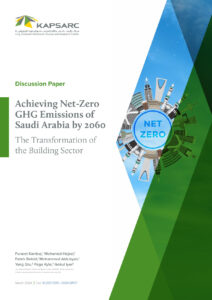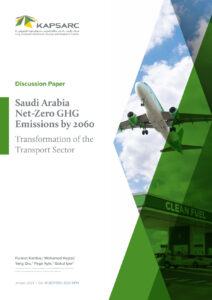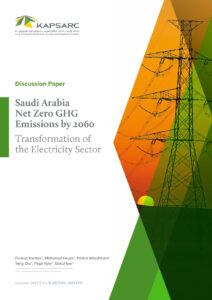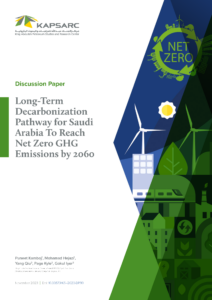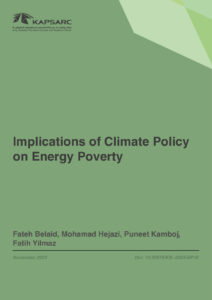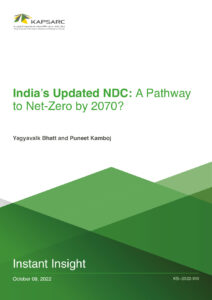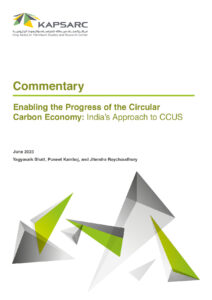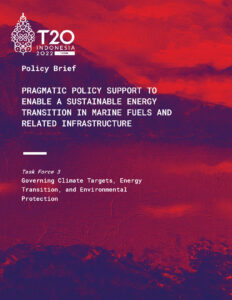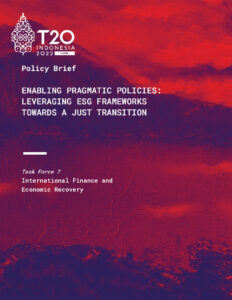Puneet is an Associate in the Climate and Sustainability program. Currently, he is working on scenario analysis and deep decarbonization pathways under the Climate Change Adaptation and Mitigation Partnership (CAMP) project at KAPSARC.
Before joining KAPSARC, he worked with Council on Energy, Environment and Water in India where he co-developed the tailored version of Global Change Analysis Model for India (GCAM-India). Prior to CEEW, he has worked with Brookings Institution (India Center) where he co-edited an anthology on the coal sector in India. Across the 18 chapters, drawing from leading experts in the field, the book examines all aspects of coal’s future in India. He has a rich portfolio of published papers, policy briefs and reports. As an independent scholar, he has been writing for the G20, and leading national newspapers. Puneet holds a Master of Technology in renewable energy from TERI University, New Delhi.

